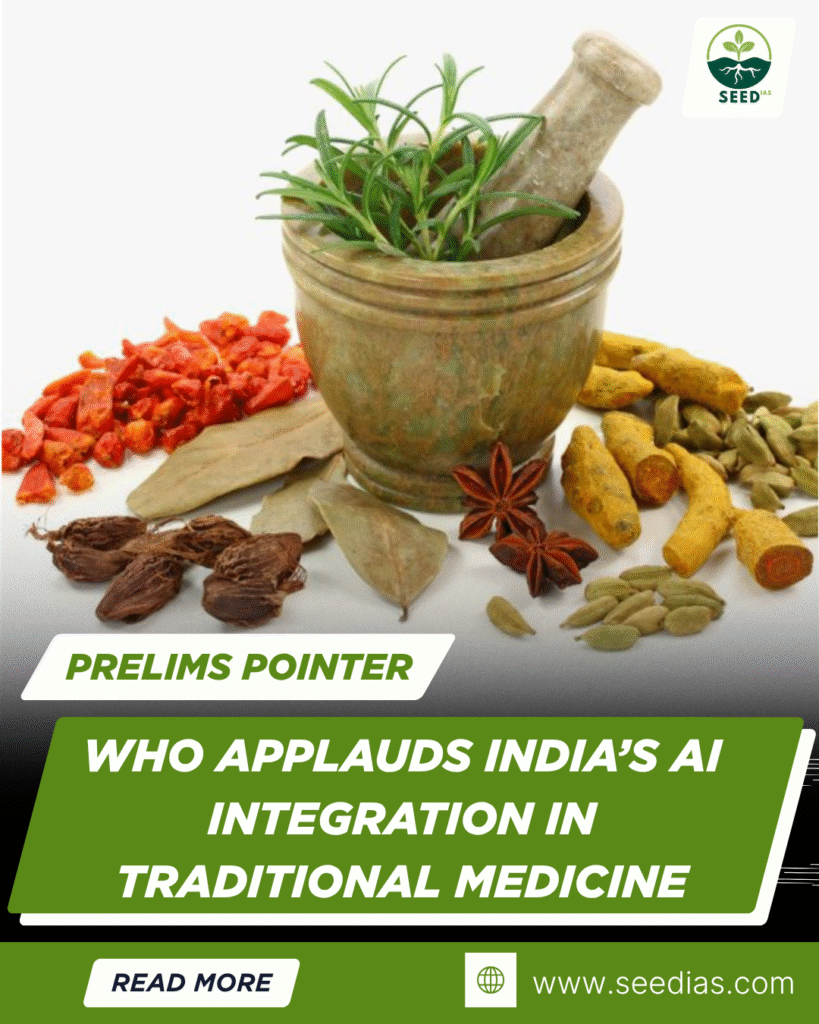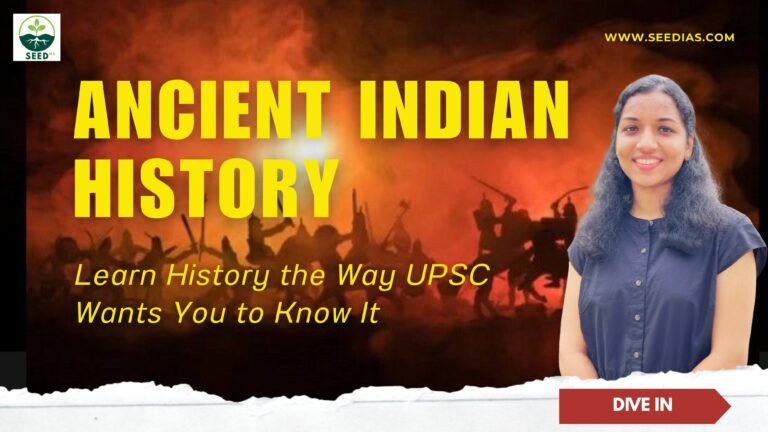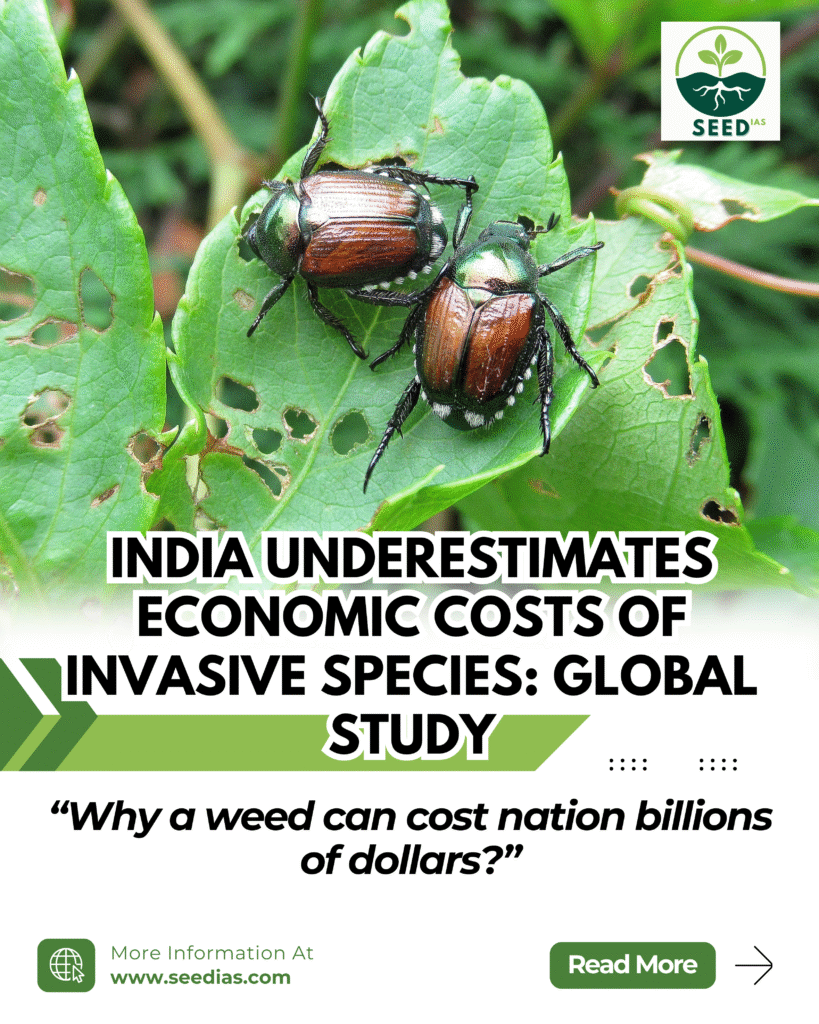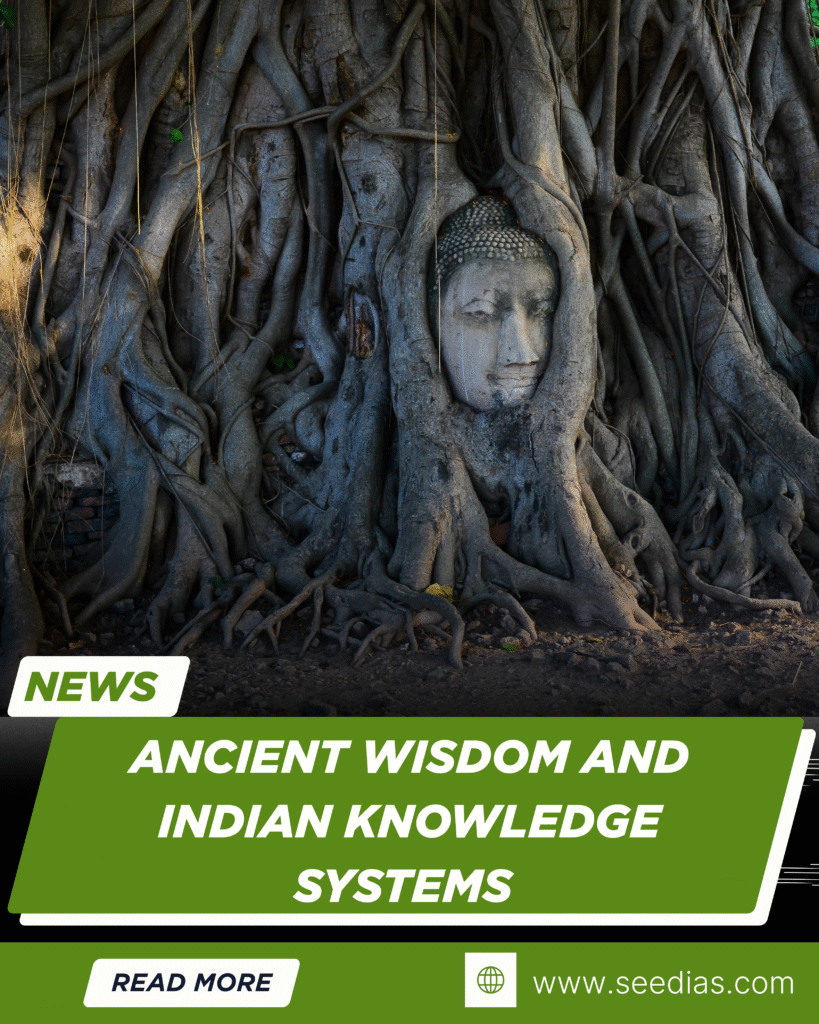Why in NEWS
The World Health Organization (WHO) released a technical brief recognizing India’s leadership in applying Artificial Intelligence (AI) to traditional medicine systems like Ayurveda, Siddha, Unani, Sowa-Rigpa, and Homeopathy, highlighting India’s digital health innovations under its ‘AI for All’ vision.
Key Terms and Concepts
| Term | Explanation |
|---|---|
| Ayurgenomics | A fusion of Ayurveda and genomics that helps personalize treatment and predict disease susceptibility. |
| TKDL | Traditional Knowledge Digital Library – India’s digital database to protect traditional medicinal knowledge from biopiracy. |
| Ayush Grid | A digital platform that enables AI-backed services in traditional medicine, developed by the Ministry of AYUSH. |
Key AI-Driven Initiatives Recognized by WHO
| Initiative | Details |
|---|---|
| Ayurgenomics | Combines ancient Ayurvedic principles with genetic data for precision medicine. |
| TKDL (since 2001) | Prevents misappropriation of traditional remedies by documenting and digitizing formulations in multiple languages. |
| Ayush Grid | Provides centralized AI-driven tools like: |
- SAHI (Showcase of Ayurvedic Historical Imprints)
- NAMASTE (Standardized electronic records for morbidity)
- AYUSH Research Portals for evidence-based research. |
How AI Is Used in Traditional Medicine
| Application Area | AI Contribution |
|---|---|
| Drug Action Mapping | Identifies how herbs and compounds affect biological systems. |
| Taste and Potency Analysis | Uses sensors and algorithms to analyse Rasa (taste), Guna (properties), and Virya (potency). |
| Personalized Treatment | Predicts patient-specific outcomes using Ayurvedic typologies and genetic profiles. |
In a Nutshell
Mnemonic: A.I.-H.E.A.L.
Ayurgenomics blends genes with Ayurveda
India leads in innovation and digitization
Herbal potency mapped by AI
Evidence-driven Ayush Grid
AI-sensor tools for traditional properties
Library TKDL guards ancient knowledge
Prelims Practice Questions
1. What is the primary aim of the Traditional Knowledge Digital Library (TKDL)?
A. Promote Ayurveda in rural areas
B. Archive ancient scripts in museums
C. Prevent patenting of traditional knowledge by documenting formulations
D. Fund startups using herbal medicine
2. Which AI-based initiative helps personalize health care by combining genomics with Ayurveda?
A. Ayush Grid
B. Ayurgenomics
C. SAHI
D. NAMASTE
3. NAMASTE under the Ayush Grid is designed to:
A. Promote yoga tourism
B. Archive ancient Ayurvedic texts
C. Standardize morbidity and terminologies in AYUSH systems
D. Build hospitals in rural areas
Prelims Answers and Explanations
| Qn | Answer | Explanation |
|---|---|---|
| 1 | C | TKDL documents traditional formulations to prevent wrongful international patents. |
| 2 | B | Ayurgenomics combines Ayurveda with genomics for personalized medicine. |
| 3 | C | NAMASTE is aimed at standardizing AYUSH morbidity data and medical terms. |
















